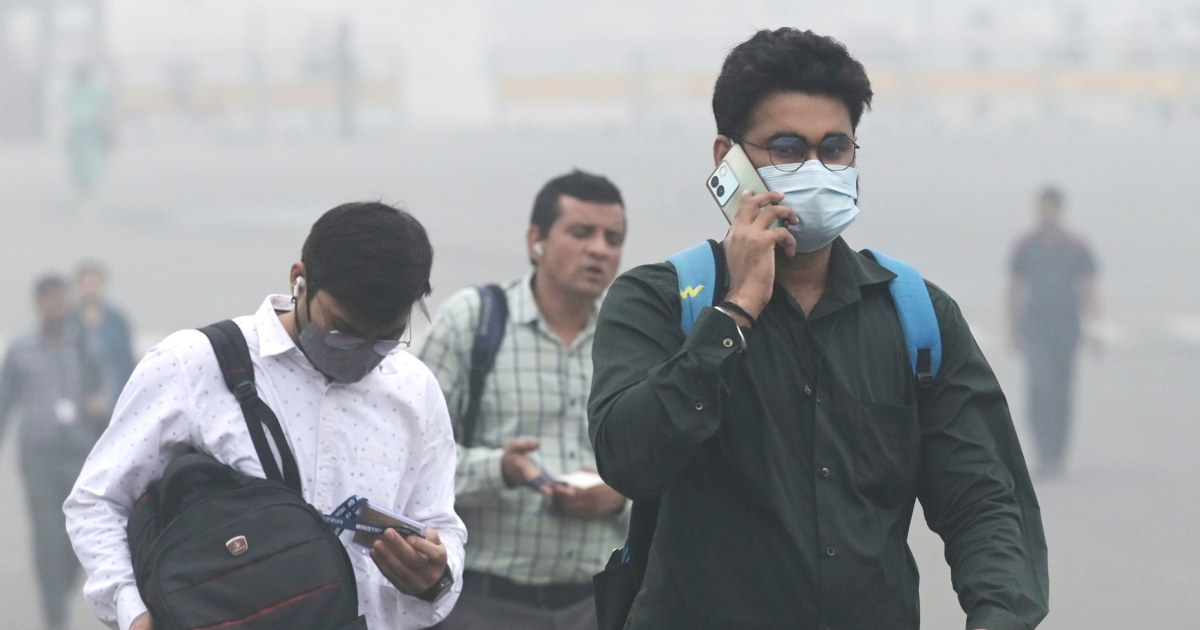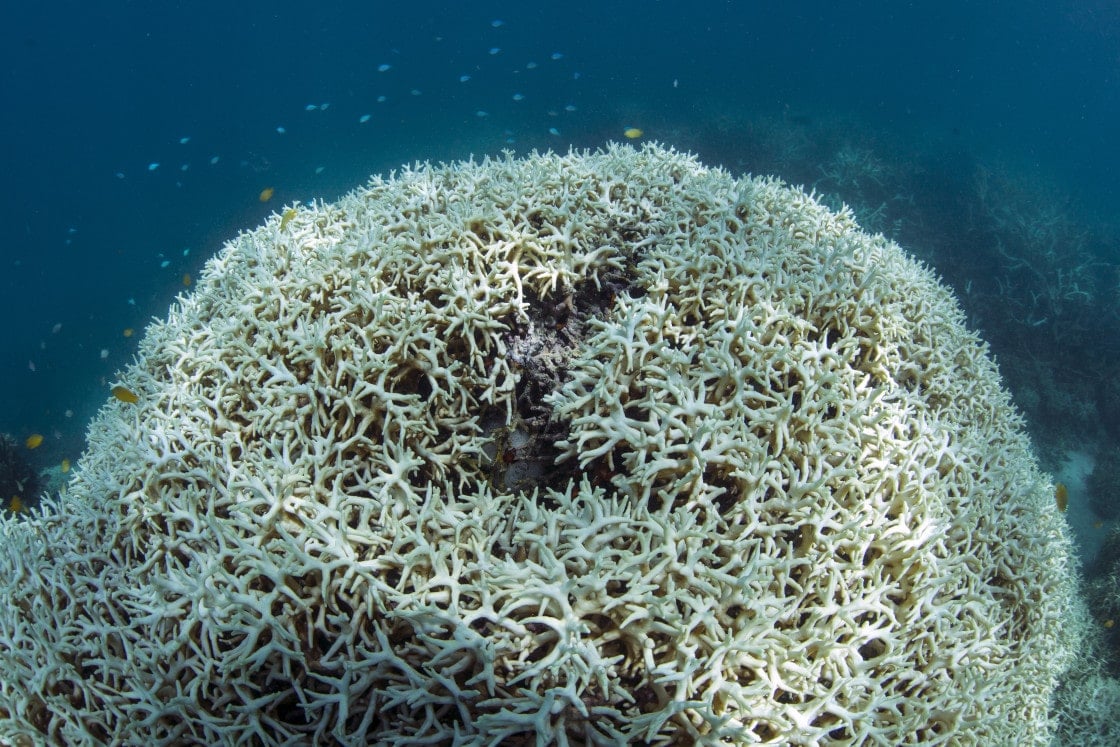
Parts of the Great Barrier Reef have suffered the highest coral mortality on record, Australian research showed Tuesday, with scientists fearing the rest of it has suffered a similar fate.

New research by Loughborough University warns that global renewable electricity supply will be unable to meet the surging demand from digital data by 2025.

Officials in New Delhi, the world's most polluted capital, banned non-essential construction and urged residents to avoid burning coal in an effort to combat worsening air quality.

The IUCN Red List of Threatened Species is warning that over 44% of reef-building coral species globally are at risk of extinction.

This year is now virtually certain to beat 2023 as the hottest year on record. It will also be the first full year to surpass 1.5C above pre-industrial levels across the majority of observational records.

The carbon footprint from private jet travel grew 46 % between 2019 and 2023 and will keep rising unless the ultra-luxury industry is regulated, according to a new research.

Greenhouse gas levels surged to a new record in 2023, committing the planet to rising temperatures for many years to come. CO2 is accumulating in the atmosphere faster than any time experienced during human existence.

A recent study has found that seafood mislabelling is running rampant in Calgary, and that certain product names are more likely to hide species of conservation concern.

Knowing how high-potency cannabis alters gene activity may bring us closer to understanding why some users develop psychosis.

In a study from 2022, researchers issued a "warning to humanity" about the consequences of tree losses, backed by 45 other scientists from 20 different countries.

Approximately one-third of children and teens worldwide are nearsighted — a figure that's more than three times higher than it was in 1990, according to a UK study.

Our planet will only remain able to provide even the most basic standard of living for everyone in the future if economic systems and technologies are dramatically transformed and critical resources are more fairly used, managed and shared.

Methane concentrations in Earth's atmosphere increased at record speed over the past five years. At least two-thirds of annual methane emissions now come from human activities.

A study of more than 700 counties across multiple U.S. states found a link between childhood leukemia and levels of decaying radon gas, including those lower than the federal guideline for mitigation.

A new study documents how Southern Californians in U.S. are chronically being exposed to toxic airborne chemicals called plasticizers, including one that's been banned from children's items and beauty products.